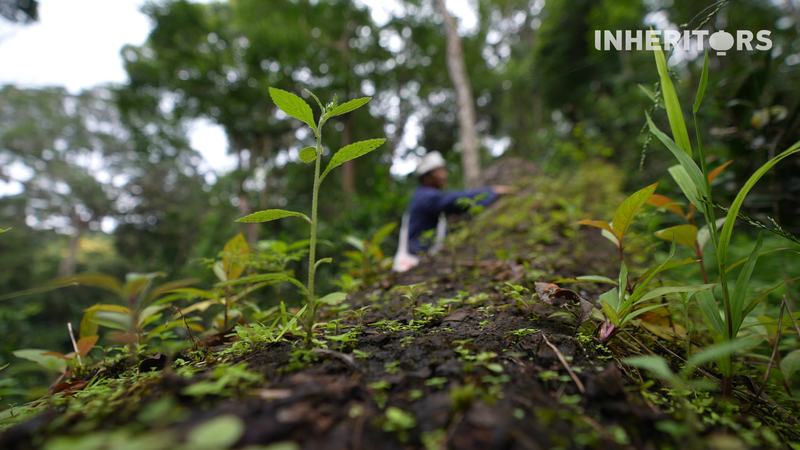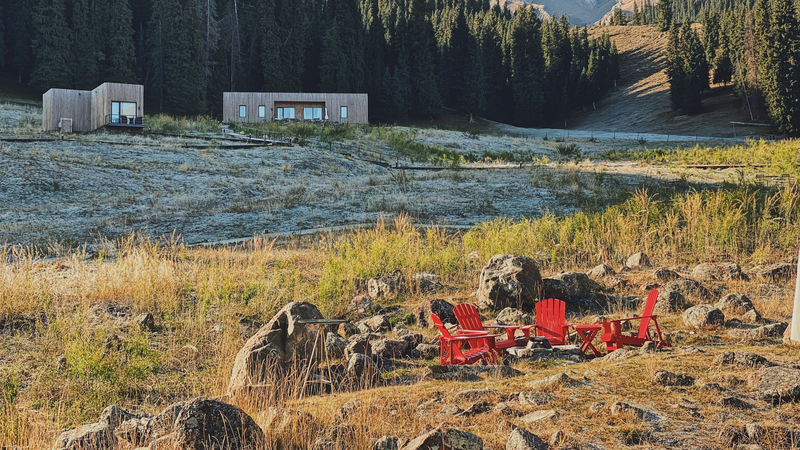At the heart of Yunnan’s Jingmai Mountain tea forests, fallen trees aren’t discarded—they return home.
In villages of the Bulang people, a strict rule stands: when a tree falls, never move or sell it. Instead, it’s left to decompose on the forest floor. This humble cycle transforms decay into rich compost, feeding centuries-old tea trees and young seedlings alike.
By embracing non-intervention, the community nurtures ancient tea forests that date back a thousand years. As fallen trunks break down, they enrich the soil and spark new growth, illustrating nature’s simplest—and most powerful—cycle of life.
Beyond the tea rows, this practice offers a lens on Eastern sustainability: respect for natural processes over short-term gain. It’s a reminder that, in the face of climate challenges, sometimes the most profound solutions come from letting nature thrive on its own terms.
For young global citizens, entrepreneurs, and changemakers, the message is clear: sustainable development grows when we honor life’s cycles—in the mountains, forests, and beyond.
Reference(s):
cgtn.com




